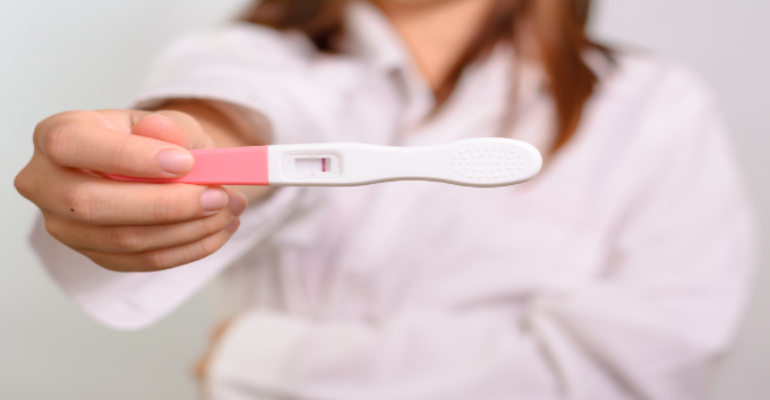
What is Infertility?
Infertility is among the most common health problems encountered today. Stress, limited access to natural and healthy foods, postponing childbearing until later in life, increasing age, as well as genetic and physiological factors can all contribute to infertility. Infertility is a general term used to describe all conditions that prevent couples from having children.
Infertility refers to the inability to achieve pregnancy within one year despite regular and unprotected sexual intercourse. If the woman is over the age of 35, this period is reduced to six months.
Today, there are many effective methods available for the treatment of infertility. Among these, in vitro fertilization (IVF) is considered the most advanced treatment option with the highest success rates.
What Are the Causes of Infertility?
Infertility may occur due to different reasons in women and men. However, in approximately 15% of couples, no identifiable cause can be found despite thorough examinations. This condition is referred to as unexplained infertility.
About 85% of couples who have regular unprotected intercourse two to three times per week can achieve pregnancy naturally within one year. In the remaining group, pregnancy does not occur, and assisted reproductive techniques may be required. Infertility affects women and men at nearly equal rates.
Causes of Infertility in Men
There are many factors that can lead to infertility in men. The most common include disorders in sperm production, functional insufficiency of sperm, and structural abnormalities. In addition, lifestyle habits can significantly affect male fertility.
The main causes of infertility in men include:
- Reduced sperm count and motility
- Structural (morphological) sperm abnormalities
- Absence of sperm in the semen (azoospermia)
- Blockages in the sperm ducts
- Inability to ejaculate sperm
- Hormonal disorders
- Congenital or acquired undescended testicles
- Febrile illnesses during childhood and mumps during adolescence
- Genetic disorders
- Varicocele (enlargement of veins supplying the testicles)
- Sexually transmitted infections
- Sexual dysfunctions
- Diabetes mellitus
- Previous cancer and cancer treatments
- Testosterone deficiency
- Excessive cigarette and alcohol consumption
- Chronic stress
What Are the Causes of Infertility in Women?
The causes of infertility in women are quite diverse. A decrease in the number and quality of eggs, hormonal imbalances, menstrual irregularities, blocked fallopian tubes, and previous infections are among the most common reasons.
Endometriosis: This condition occurs when endometrial tissue, which normally lines the uterus, grows outside the uterus. It can negatively affect the function of the ovaries, uterus, and fallopian tubes, leading to infertility.
Polycystic Ovary Syndrome (PCOS): This condition is characterized by excessive androgen production, causes ovulation irregularities, and is often associated with insulin resistance and obesity.
High prolactin levels: Elevated prolactin levels can disrupt ovulation and delay the onset of pregnancy.
Uterine fibroids: These are benign tumors located in the uterine wall. Some fibroids may interfere with embryo implantation and make pregnancy more difficult.
Intra-abdominal adhesions: Adhesions resulting from pelvic infections, appendicitis, or previous abdominal or pelvic surgeries may impair the function of reproductive organs.
Thyroid disorders: Excessive or insufficient thyroid hormone production can affect the menstrual cycle and lead to infertility.
History of cancer and cancer treatments: Cancers affecting the female reproductive system and their treatments may negatively impact fertility.
Other medical conditions: Delayed puberty, absence of menstruation, liver diseases, and systemic conditions such as diabetes can increase the risk of infertility.
Excessive caffeine consumption: High caffeine intake may also negatively affect female fertility.

